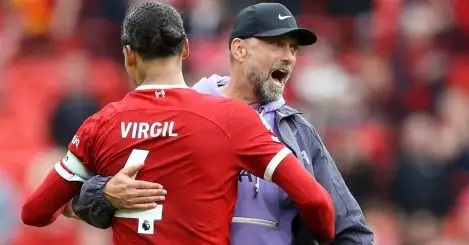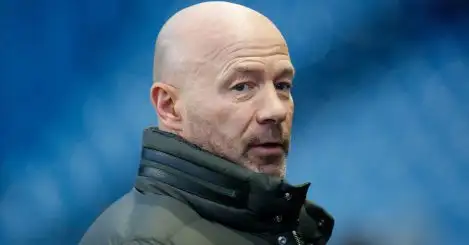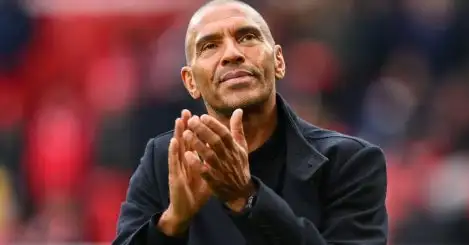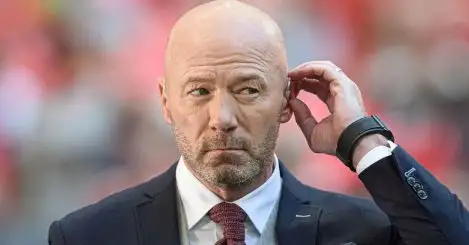Van Dijk’s tone-deaf schedule complaints at odds with Liverpool working-class roots
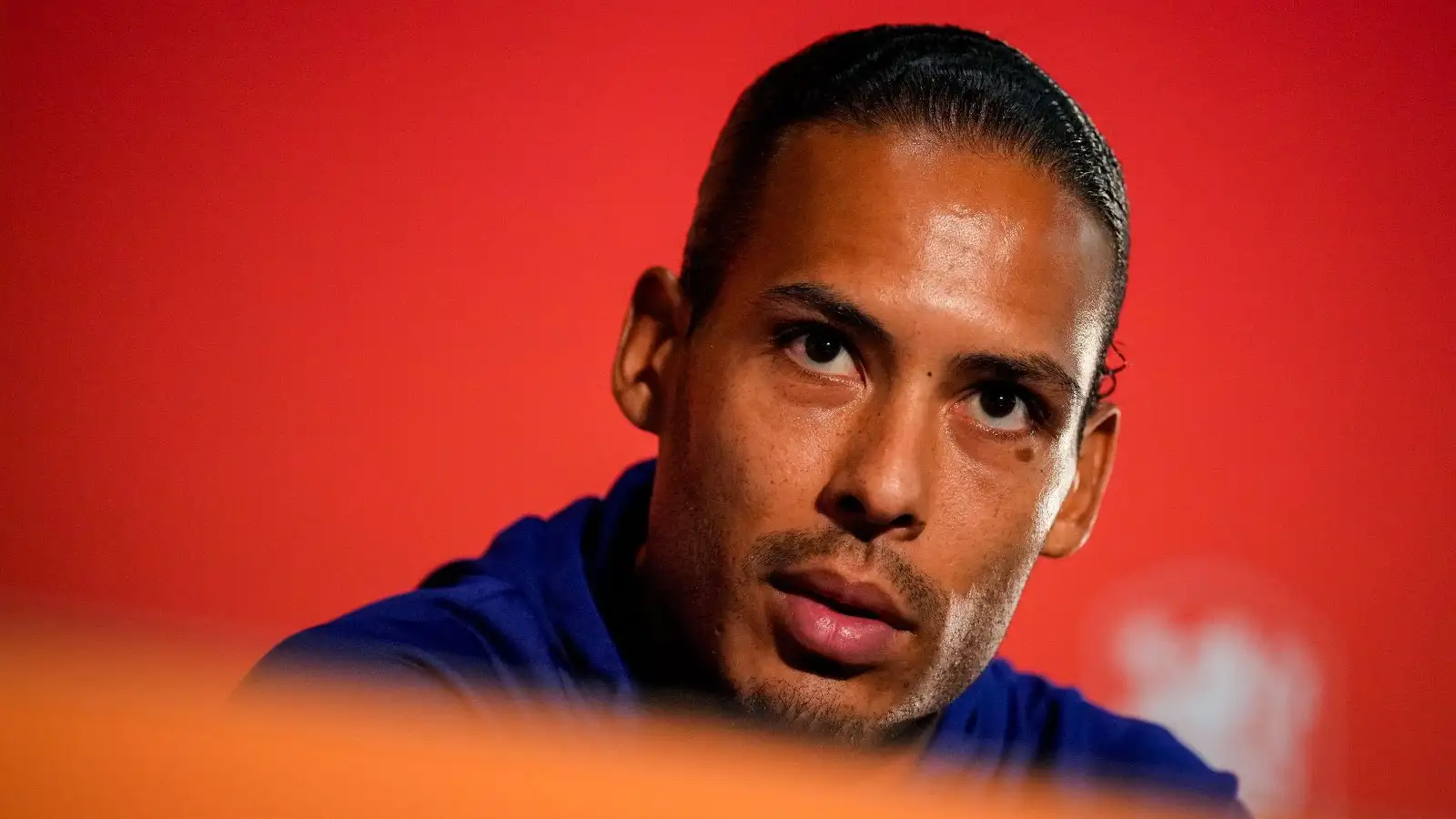
Virgil van Dijk being unwilling to make a small concession to remedy the ‘problem’ of playing football for a living doesn’t exactly chime with the ethos of Liverpool Football Club.
‘Support the 500 sacked dockers,’ read Robbie Fowler’s t-shirt, revealed by the Liverpool striker after a goal in a European match in 1997. He was showing solidarity with the fired dockworkers who had refused to cross the picket lines in support of their previously sacked co-workers.
UEFA fined Robbie Fowler for voicing his ‘political opinions’, but his actions served as a reminder of the true working-class roots of football, and Liverpool Football Club in particular.
Twenty-six years later, Liverpool captain Virgil van Dijk was asked whether he would be willing to take a 10% pay cut to play fewer matches, reducing his weekly wage to just shy of £200,000 per week. “No,” he replied.
He did then say he would take a wage reduction “for the better of your health”, but the initial answer was one of a man almost comically removed from the people who support him and his team. In short: very well-paid footballer wants the same amount of money to play less football.
We’re not saying footballers don’t play too much. And without conversations and pushback, the governing bodies will continue to add to the schedule, and at some point they definitely will have crossed the line into dangerous territory. Their perfectly reasonable argument is that they’re human beings, not playthings purely for our entertainment.
Alan Shearer dismissed Van Dijk’s claim as “nonsense”. The squads are bigger, there are more substitutions allowed than ever, and physiotherapy is advancing all the time. There may well be more football now than ever before, but football clubs are also better equipped to cope.
Jurgen Klopp doesn’t have to play Van Dijk in every game. If managers are so concerned about player burnout, there’s a simple way to avoid it. In Klopp’s case, playing the starting France centre-back in Van Dijk’s stead doesn’t seem like too great a concession.
And concessions from footballers – more specifically the lack of them – is what irks far more than their desire to do something about the packed schedule. Why should they be paid the same for doing less work?
You’ve got to wonder whether Van Dijk would have the same tone-deaf take after a conversation with a nurse on nights, a single parent working two jobs to keep the heating on, or any of the innumerable people working 60-hour weeks in a cost-of-living crisis. If they want the rest of us to remember that they are indeed human beings, they would do well to recognise that the majority of their fellow species are really struggling, and avoid comments that accentuate the gap between them and the people without whom they wouldn’t even have these insignificant problems to complain about.
Because it’s those people that will be cheering him on from The Kop at Anfield, and were previously championed by the players – like Robbie Fowler – who had the humility to realise how fortunate they are to be playing football for a job.
The link with those working-class fans at Liverpool – with the city and club a hub of activism for workers’ rights amid an atmosphere charged in the 1980s against Margaret Thatcher after the Hillsborough disaster – has previously been a point of great pride. If ‘This Means More’ is about anything, that’s surely it.
So perhaps in those moments when Van Dijk is thinking about himself, and the wealth the vast majority of the people that watch him could never dream of, he should remember that he plays for Liverpool, a club built on its links to the working classes. He could just as easily have said “I would play for Liverpool for nothing”.
It’s not going to happen. And neither is the pay-cut. But he would have been a hero, bridging the gap to the struggling masses, rather than the spoilt celebrity, unwilling to make a small concession to remedy the ‘problem’ of playing football for a living.


